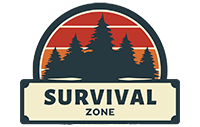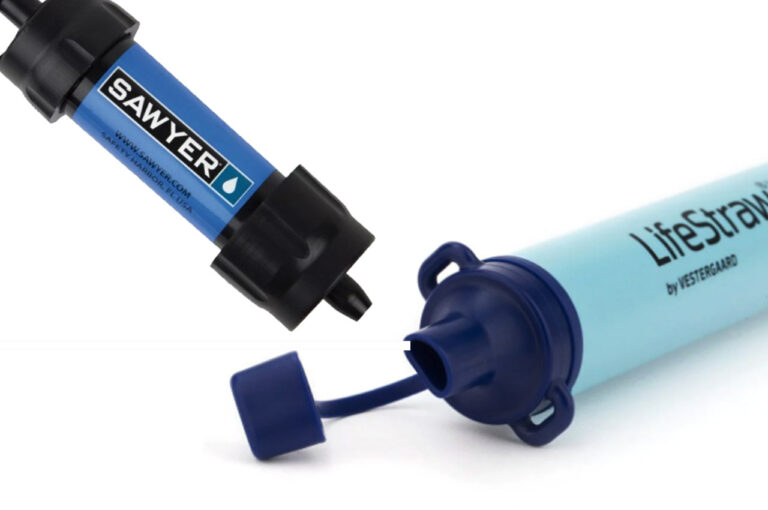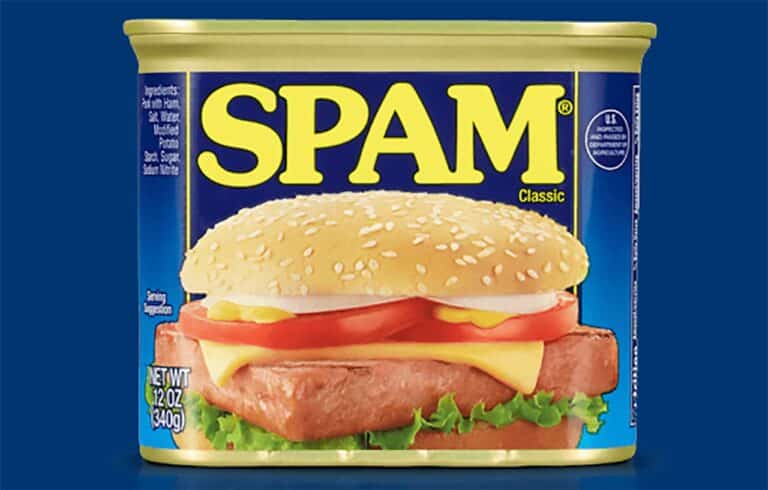Can Humans Eat Dry Dog Food In An Emergency? (What To Know)
While it might not be the most appealing option, if you’re wondering if you can safely eat dry dog food in an emergency, the short answer is “Yes.” You can, in fact, consume dog food in a pinch, though it’s not an ideal solution.
Dog food can provide some nutritional benefits to humans, but it’s important to remember that it’s formulated for dogs. As such, relying on it as a primary source of nutrition is not recommended.
While dog food also isn’t inherently toxic for humans, eating dog food may raise your risk of developing foodborne illness.
In an emergency, your safety and health are paramount. Dog food should only be considered as a last resort when no other food options are available.
Is Dog Food Safe for Humans to Eat?
Technically, yes, dog food is safe for humans to eat, but not in the long-term.
The composition of dry dog food often includes animal byproducts, such as meat scraps, ground bones, skin, and organs deemed unfit for human consumption. While these ingredients are safe for pets, they aren’t ideal for humans due to the differences in our dietary needs.
Foodborne Illness
One common concern about eating dog food is the potential presence of harmful bacteria, such as Salmonella and E. coli, which can cause foodborne illness. While pet food is subject to FDA regulations to ensure safety, just like human food, these regulations are less strict than those for human food, which means the risk of bacterial contamination is higher in dog food.
The FDA has recalled pet food products in the past due to bacterial contamination, and pets themselves can become sick from consuming contaminated food. The risk is even greater for you as a human.
Nutritional Needs
While not as immediate as the threat of foodborne illness, the deficiency in human nutritional needs in dog food should be another deterrent to considering dog food as a back-up food source.
Dog food, especially dry kibble, is designed to meet the specific nutritional needs of dogs, not humans. Humans have different dietary requirements, so long-term consumption of their food could lead to imbalances and health issues for a human eater.
Nutritional Aspects of Dog Food for Humans
While dog food is not a good go-to emergency food source, that doesn’t mean it can’t provide some nutrition in an emergency.
Dog food typically contains protein, fat, and carbohydrates. Protein is essential for maintaining and repairing tissues, while fat provides energy. Carbohydrates are the primary energy source for the body. Dry dog food often has higher protein levels compared to your regular meals, but it will likely lack other essential nutrients that you need.
When it comes to vitamins and minerals, dog food is typically lacking. Most dog foods don’t contain vitamin C, for instance, because dogs can produce it on their own. But humans cannot. There are some other minerals and vitamins in dog food, but the levels may and most won’t match up to what your body needs.
Keep in mind that the caloric content of dog food may be different than your regular diet as well. You might need to adjust the amount you consume to meet your energy needs.
Here’s a breakdown of the nutritional aspects of dog food as an emergency food source:
- Protein: Essential for tissue maintenance, often higher in dog food than in human food.
- Fat: Provides energy, amounts in dog food may be higher than in your average human food.
- Carbohydrates: Main energy source, present in dog food, but likely at lower levels compared to your typical meals.
- Minerals: Present in dog food, but the levels might not meet human nutritional requirements.
- Vitamins: Dog food lacks certain essential vitamins, like vitamin C, which humans cannot produce.
- Caloric content: Different from human food, adjust consumption accordingly.
While dry dog food could potentially provide some nutrients to your body, it’s essential to remember that it’s not designed for human consumption, and won’t get you by for long without adverse health effects.
Potential Health Risks for Humans Consuming Dog Food
Dog food is not held to the same production standards as human food, so it may contain contaminants or harmful ingredients that human food does not. Due to this, you might experience adverse reactions, like allergies, if you have sensitivities to certain elements in dog food.
Consuming dog food can also lead to gastrointestinal issues, such as diarrhea and vomiting, which may result in dehydration, something you definitely don’t want in a emergency situation where water might be scarce.
Prolonged consumption may eventually lead to malnutrition, which can weaken your immune system. A weakened immune system makes you more susceptible to infections and illnesses. Again, something you don’t want in a survival scenario.
Frequently Asked Questions
Are there any human-grade dog foods that can be consumed?
Yes, there are dog foods made with human-grade ingredients, meaning that the ingredients meet the same quality and safety standards required for human consumption. These dog foods may be a safer option for humans to consume in emergency situations. Still, it’s important to remember that dog food is formulated for canine nutritional needs and may not provide all the essential nutrients required for a human diet.
How long can a human survive on dog food?
There’s no specific timeframe for how long a person could survive on dog food, as it depends on factors such as overall health, body weight, and activity level. Dog food can provide some essential nutrients, but it’s not an ideal long-term solution for a human diet. In an emergency situation, it’s better to consume dog food as a temporary measure and seek alternative food sources as soon as possible.
What would happen to a human consuming large amounts of pet food?
Consuming large amounts of pet food can lead to various health issues, as the formulation is not designed for human nutrition. Potential side effects may include gastrointestinal distress, as well as nutritional deficiencies or imbalances. Long-term consumption of pet food may result in severe health complications.
Limited consumption during emergencies should be relatively less risky.
Are there any common ingredients in dog food that could be harmful to humans?
Most ingredients in dog food are not inherently harmful to humans, but some could cause allergies, gastrointestinal discomfort, or other issues in certain individuals. Dog food may also contain higher levels of certain nutrients, like fat and protein, which could potentially lead to health problems in humans if consumed in excessive amounts. That’s why it’s essential to be cautious and treat dog food as a last-resort option for sustenance in emergencies.







